The ALand Times Special Edition – 30th September 2024 North Korea’s Real Estate Market
Published Date: 30th Sep, 2024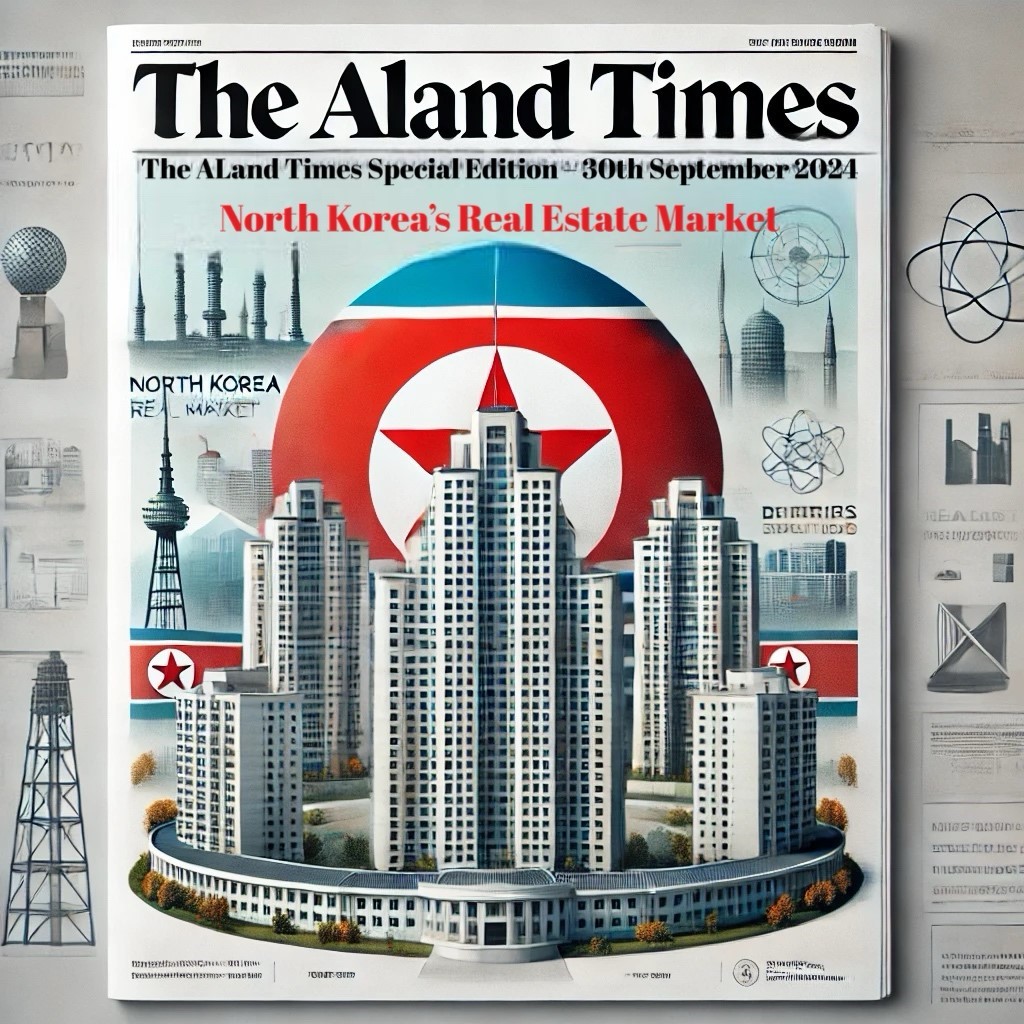
North Korea’s Real Estate Market: A Detailed Look at Prices, Opportunities, and Challenges
North Korea presents one of the most closed and unique real estate markets globally. Despite its secrecy, there's growing interest in urban developments within cities like Pyongyang and the coastal areas. Here's a detailed analysis of the current state of real estate, potential opportunities, and challenges in the North Korean market.
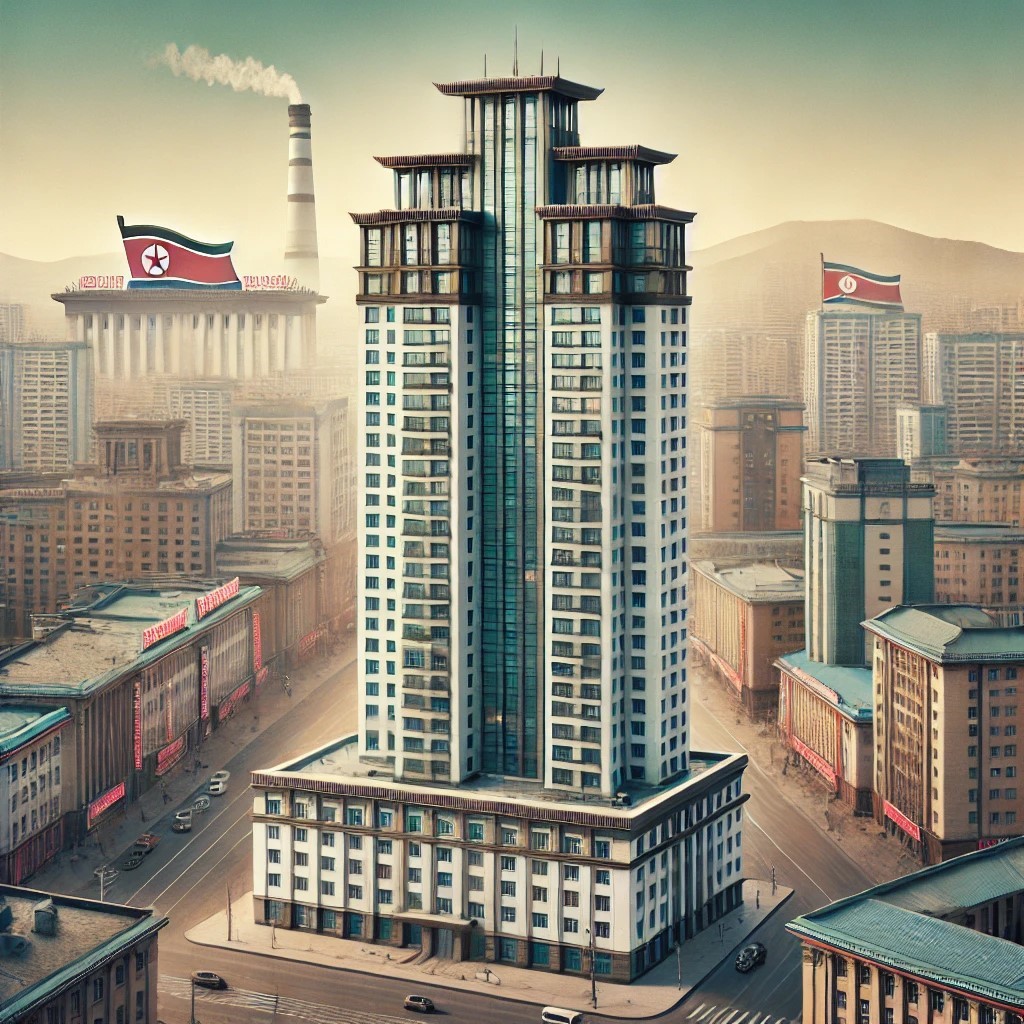
Real Estate Landscape in North Korea
- Government Control & Informal Transactions: All land and property in North Korea is state-owned, with no formal private property rights as seen in market economies. However, over the last decade, an underground market has emerged, allowing a form of quasi-private ownership, particularly in urban areas.
- Pricing & Demand: While official prices are not disclosed, reports suggest that apartments in Pyongyang, particularly those in new high-rise buildings, can range between $100,000 to $300,000 USD, a huge sum for the local population. These properties are usually traded through informal networks and are typically accessible to the country’s elite.
- Growing Wealth in Urban Centers: Pyongyang remains the most developed city with rising demand for modern apartments and access to amenities like shopping centers, schools, and healthcare facilities. However, affordability is a major concern for the average citizen.
The Luxury Market & Key Areas Pyongyang – The Elite Market:
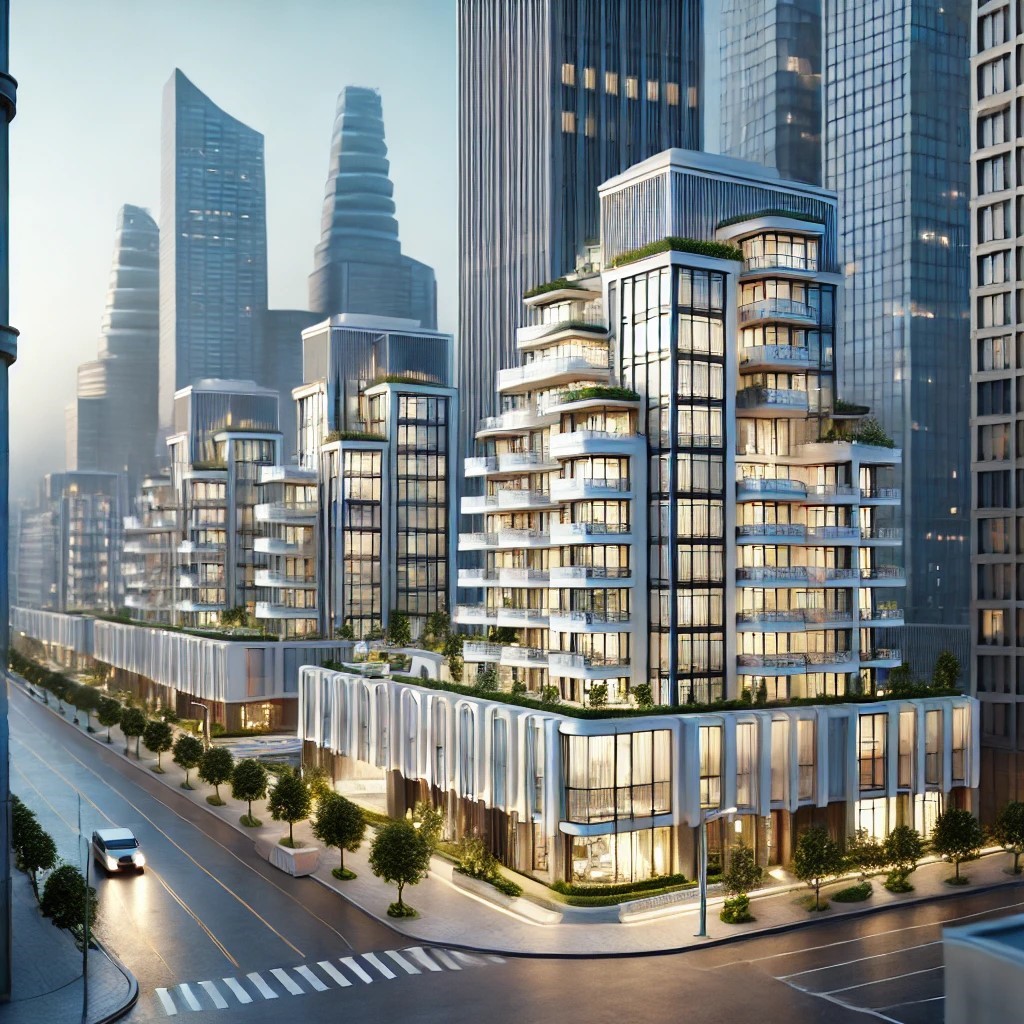
- In Pyongyang, the demand for luxury apartments is driven by elites and government officials. Exclusive apartments near Ryomyong Street or in newly developed zones showcase modern architecture, high-rise living, and access to premium amenities.
- Coastal developments in areas like Wonsan are being pushed as a part of tourism expansion projects, hinting at potential luxury coastal properties in the future.
Rising Demand in Secondary Cities:
While Pyongyang dominates the luxury market, secondary cities like Hamhung and Chongjin are seeing minor urban developments. The construction of modern apartment buildings signals a shift toward more upscale urban living, even though prices and demand are much lower compared to Pyongyang.
Investment Opportunities & Challenges Opportunities for Speculative Growth:
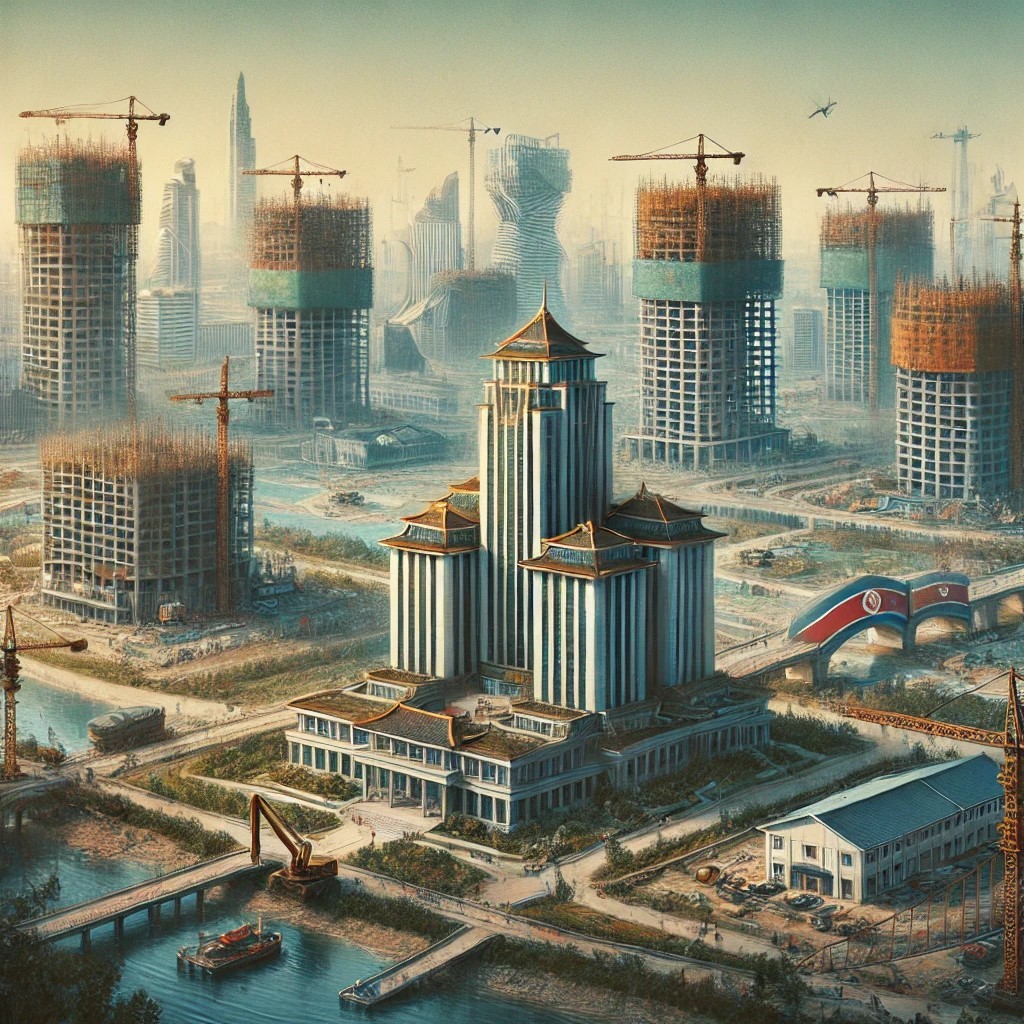
Potential for Future Growth: If reforms are ever implemented or the market becomes more open, current low-priced properties could see significant appreciation.
Tourism & Coastal Development:

Cities like Wonsan are part of state-backed initiatives to boost tourism, which could lead to the development of coastal properties and resorts, making them potentially lucrative investments.
Challenges to Consider: Legal Restrictions & Ownership Limits:
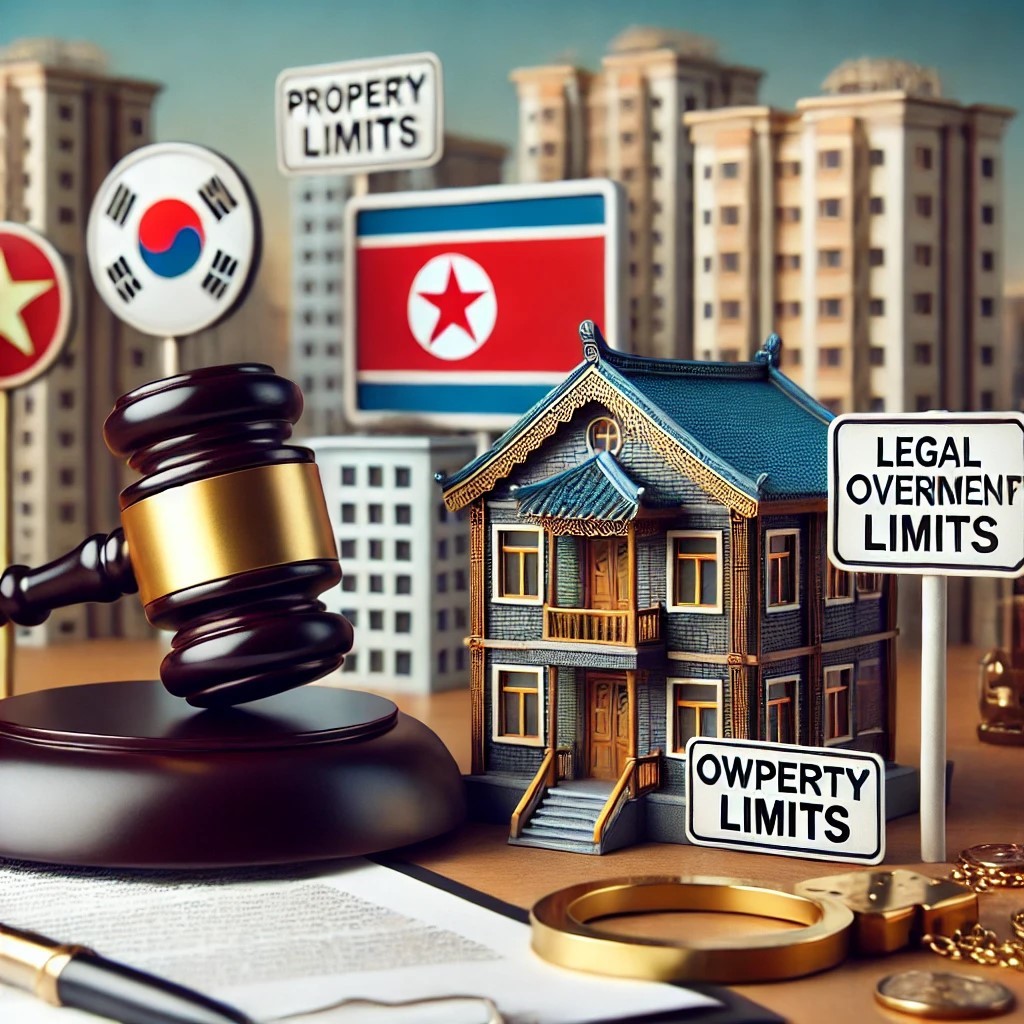
Current laws restrict property ownership, making any real estate transactions informal and risky. Foreign investors face immense legal and practical challenges when attempting to enter the North Korean market.
Unpredictable Regulatory Environment:
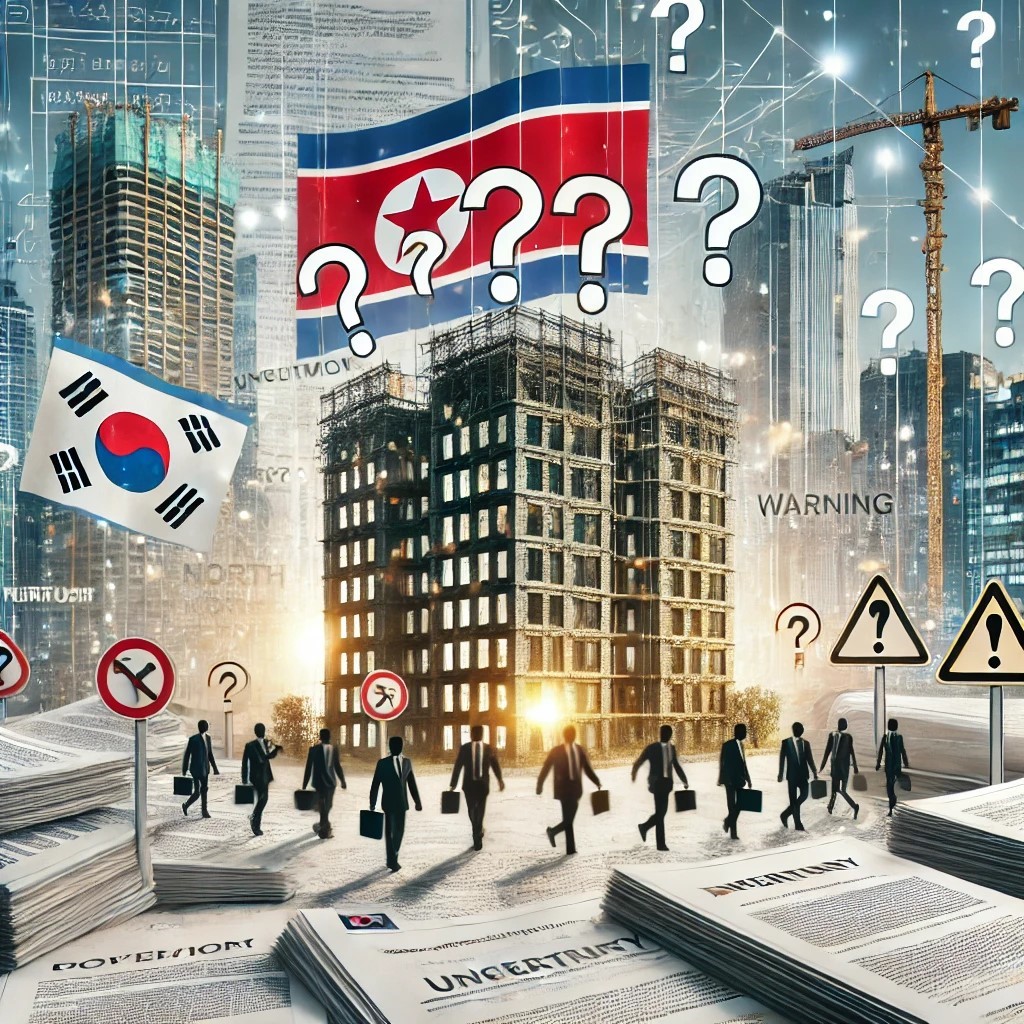
With real estate transactions operating in a quasi-legal space, the lack of formal ownership rights and unclear property laws make investments risky.
Currency & Economic Barriers:
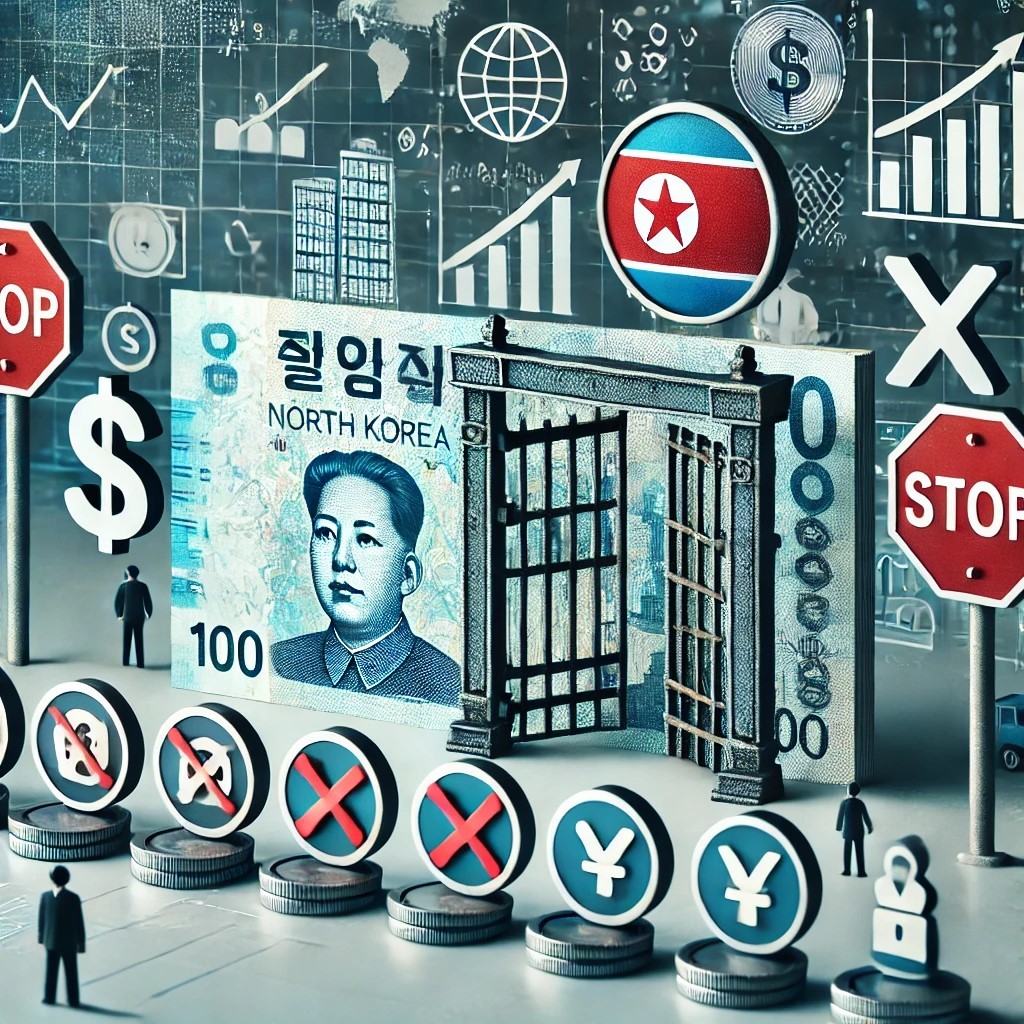
The local currency, the North Korean won (KPW), has minimal value outside the country, and exchange restrictions make it difficult to convert or transfer assets internationally.
Comparison with Neighboring Markets
Unlike its neighbors, South Korea, China, and Russia, North Korea’s market does not have a formalized real estate framework. The legal infrastructure remains underdeveloped, creating significant challenges for those looking to invest or understand the true value of properties.
Final Thoughts
While North Korea's real estate market remains a mystery and heavily controlled, the rising demand in urban centers and ambitious state development projects offer an intriguing, albeit risky, potential for future investors. Understanding this market requires a careful approach and a willingness to navigate a unique blend of formal regulations and informal dealings.
For further insights, detailed market trends, and the latest updates, read the full article on ALand and stay informed with The ALand Times!
Date: 30th Sep, 2024
